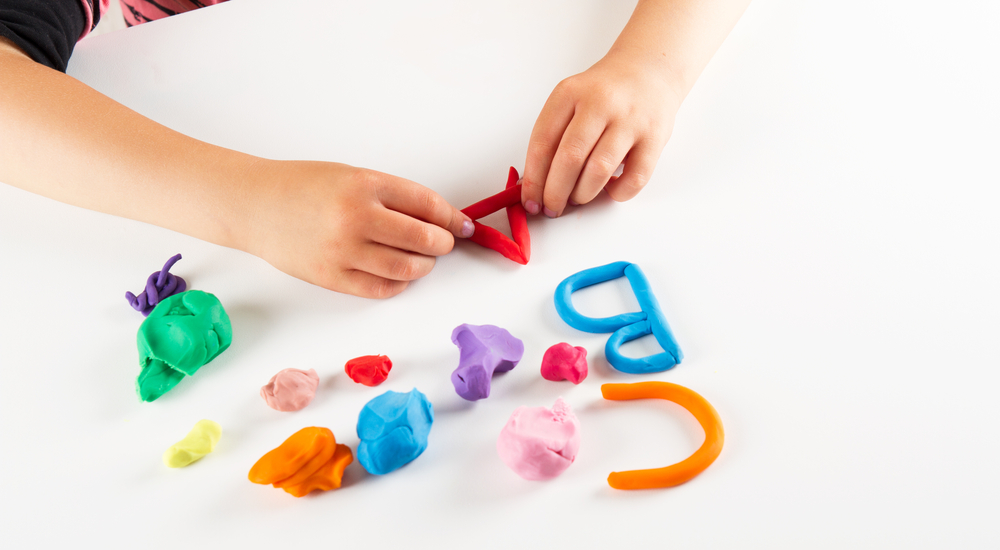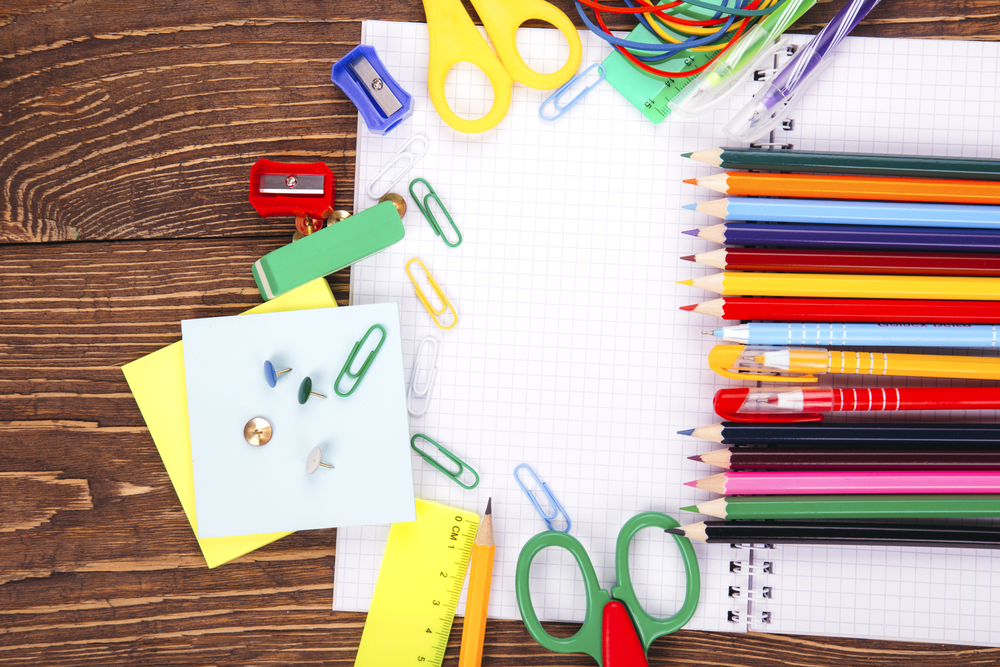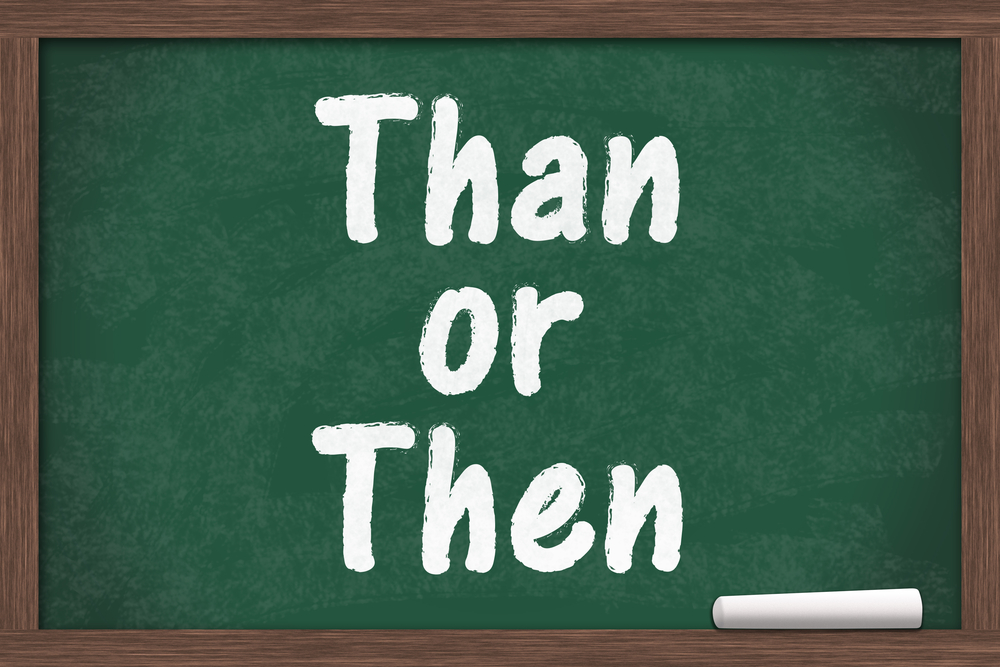Problem-Solving Skills Normal Writing Worksheets for Ages 3-7
6 filtered results
-
From - To
Enhance your child's cognitive abilities with our Problem-Solving Skills Normal Writing Worksheets designed for ages 3-7. These engaging worksheets help young learners develop essential problem-solving strategies through fun, interactive activities. From simple puzzles to relatable scenarios, each exercise encourages critical thinking, logical reasoning, and creativity. Perfect for early grade students, our worksheets are crafted to make learning enjoyable while effectively strengthening foundational skills. Provide your child with the tools they need to excel in real-world problem-solving situations, boosting their confidence and preparing them for future academic success. Explore our collection today for a brighter tomorrow.
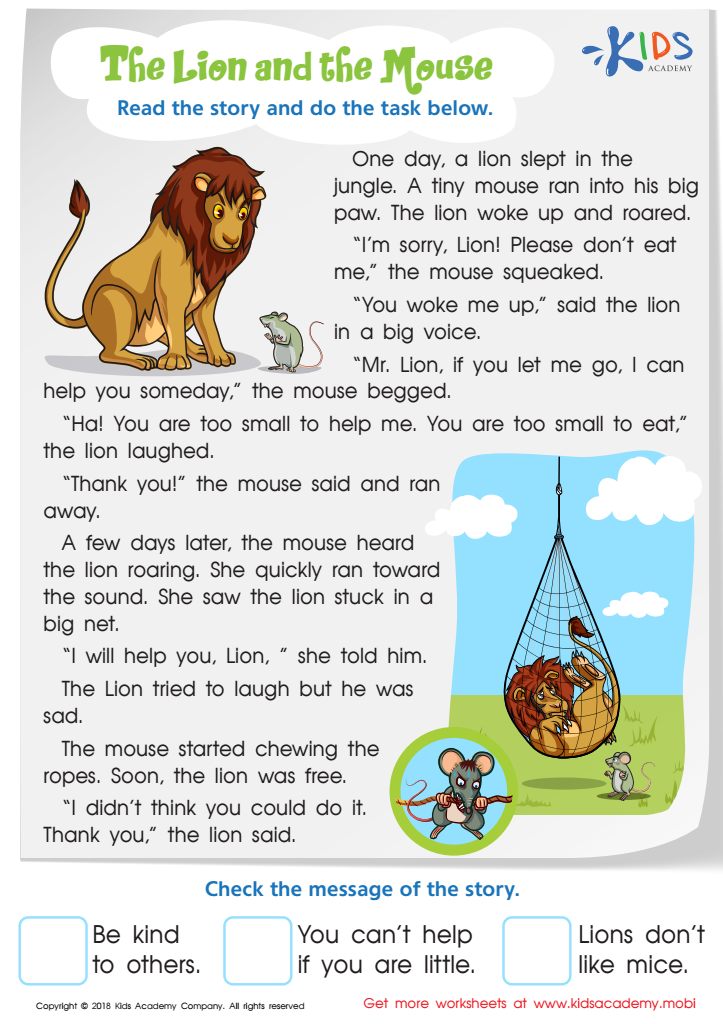

The Lion and the Mouse Worksheet
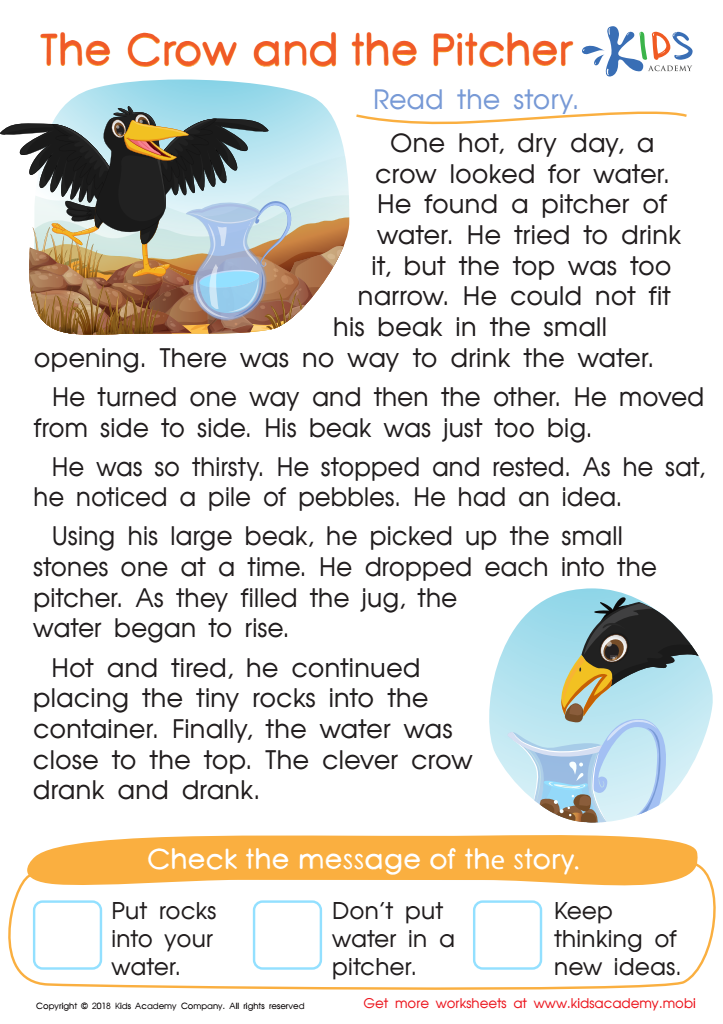

The Crow and the Pitcher Worksheet
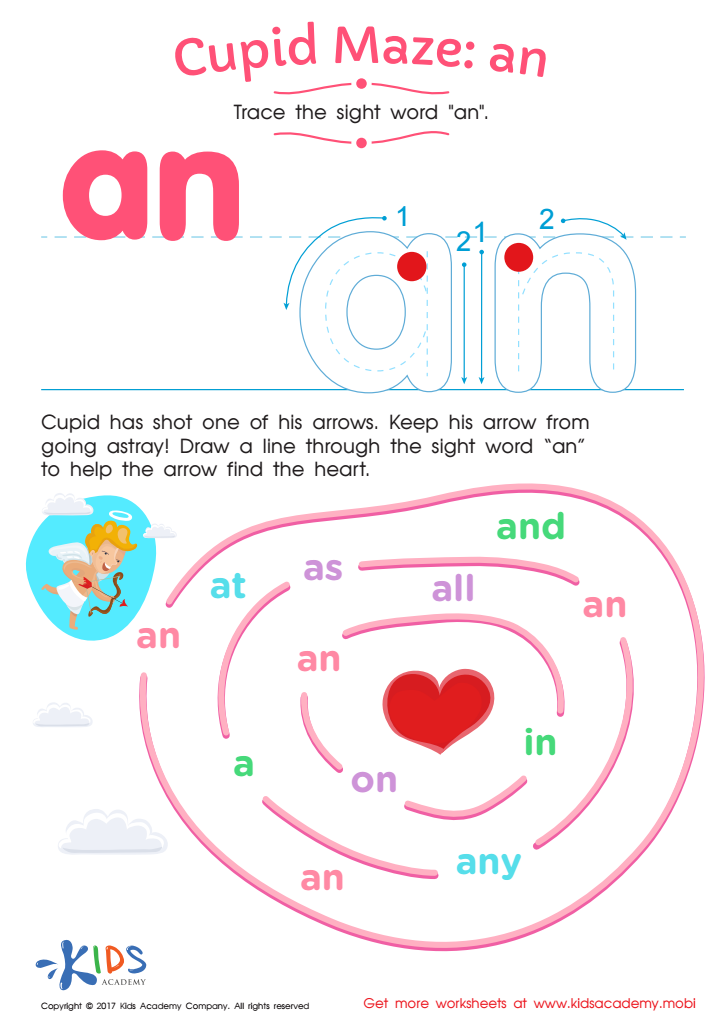

Cupid Maze: An Printable
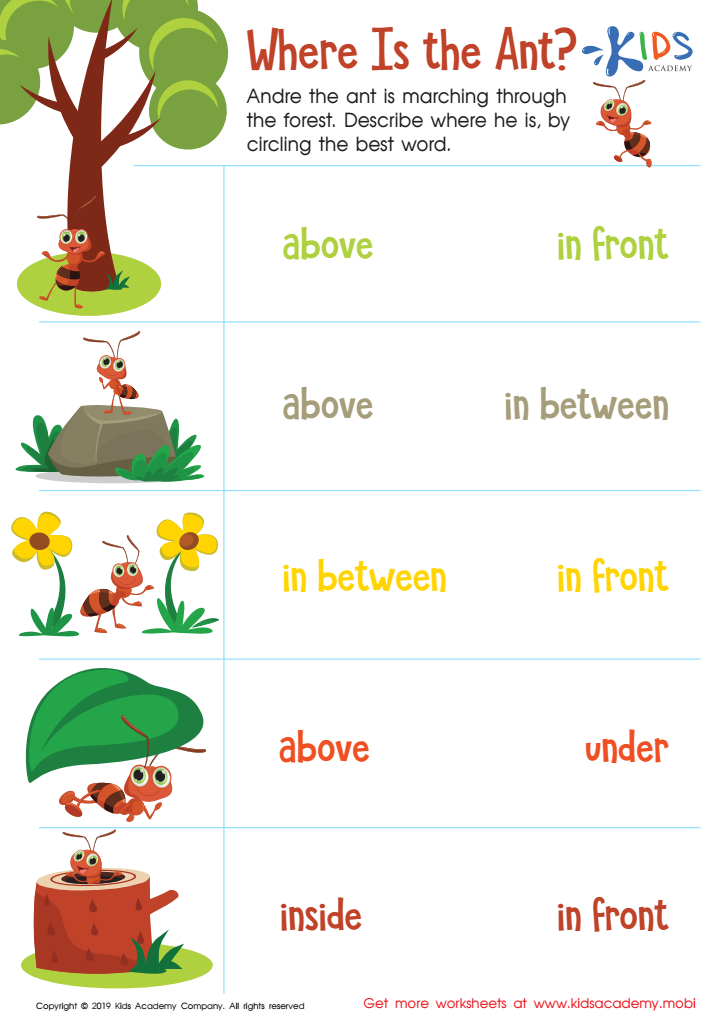

Where Is the Ant? Worksheet


Long Vowel Maze /o/ and /i/ Worksheet
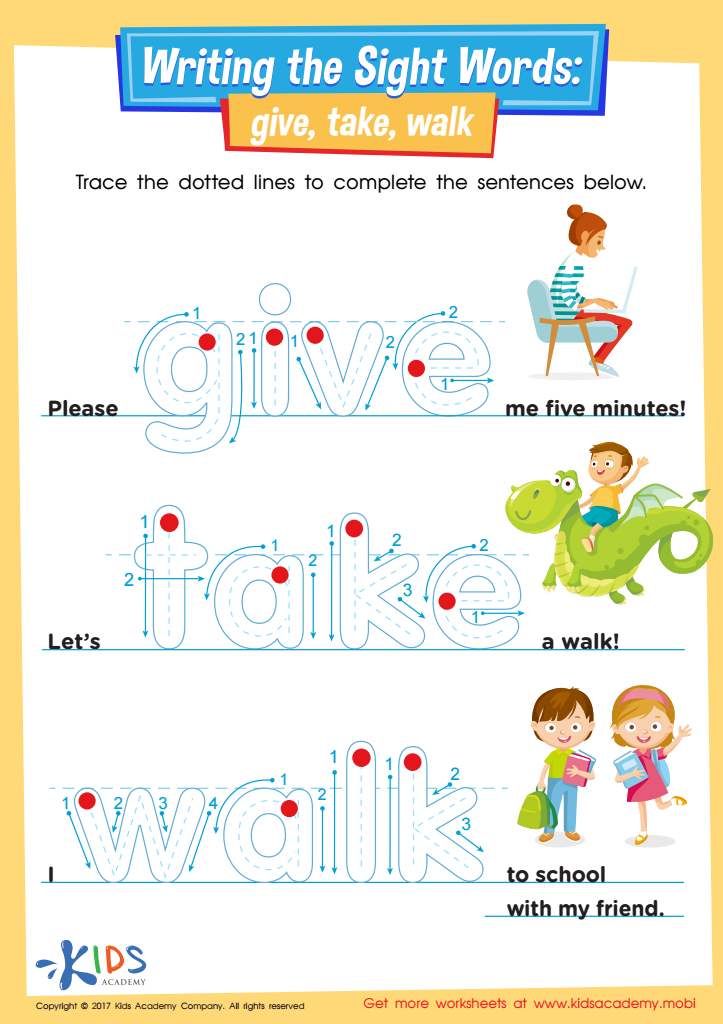

Give, Take, Walk Printable Sight Words Worksheet
Problem-solving skills are crucial for children aged 3-7 as they lay the foundation for their future cognitive and social development. At this formative stage, children encounter numerous situations that require them to think critically and find solutions. Encouraging problem-solving helps cultivate essential life skills like critical thinking, creativity, resilience, and resourcefulness.
For parents and teachers, fostering these skills in young children is vital because it enhances their ability to process information and make decisions independently. When children engage in problem-solving activities, they learn to analyze situations, weigh options, and consider possible outcomes. This not only improves their academic performance but also boosts their confidence and self-esteem.
Moreover, problem-solving helps children develop empathy and cooperation. When working together on tasks, children learn to listen to others' perspectives, negotiate, and collaborate, which are key components of effective communication and social interaction. These skills are highly beneficial in both personal relationships and future workplace environments.
By prioritizing problem-solving skills, parents and teachers equip children with tools to navigate challenges and uncertainties throughout their lives. It prepares them for academic success and molds them into adaptable, thoughtful, and compassionate individuals. Thus, nurturing problem-solving abilities in early childhood is a fundamental aspect of holistic education and development.
 Assign to My Students
Assign to My Students



